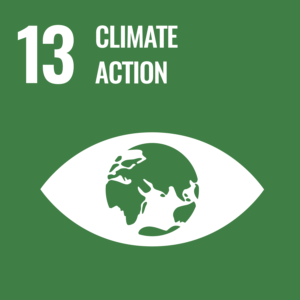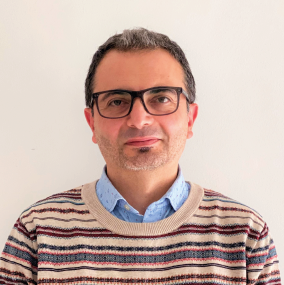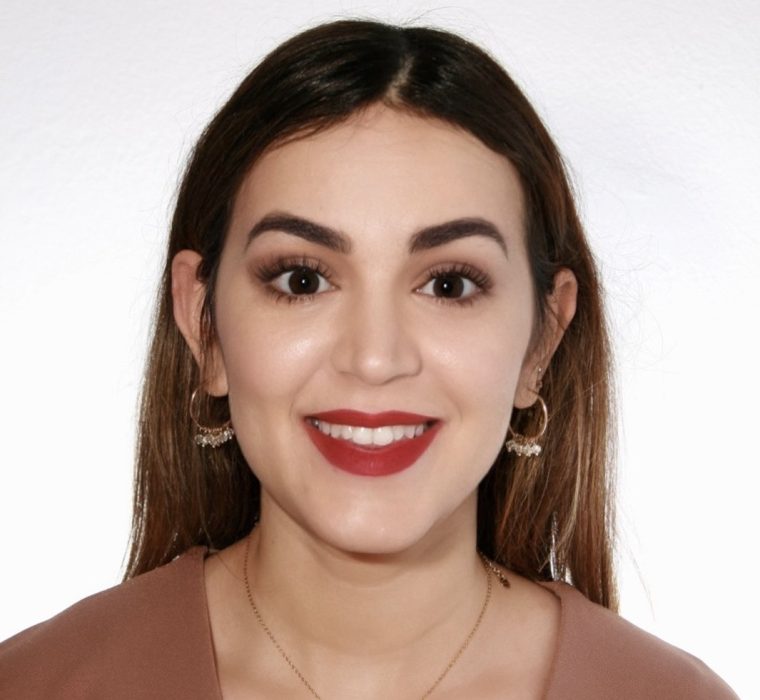Sustainable Approaches to LAnd and water Management in MEditerranean Drylands
 WHAT IS SALAM-MED?
WHAT IS SALAM-MED?
SALAM-MED has a group of living laboratories located in different areas watered by the Mediterranean Sea, which are considered critical points of degradation of soil and water. Specifically, these laboratories are located in: Matrouh (Egypt), Medenine (Tunisia), Essaouira (Morocco), Valencia (Spain), Messinia (Greece) and Sardinia (Italy).
Due to population necessities, the project has analysed and studied all these regions individually and in a personalized way, in order to apply different solutions in order to attack the main problems detected. If not, many of these areas would be forced to give up their main sources of maintenance, both personally and collectively, since, in many of them, the economy depends heavily on the agri-food sector.
OBJECTIVES
SALAM-MED intends to present the tools and means necessary for researchers to address the processes of restoration and desertification of lands and agroecosystems and thus achieve results:

WHY?
In the Mediterranean Sea area there is a large amount of land affected by land degradation and desertification due to the combination of recent climate pressures, together with the limited capacity these lands have to adapt.
Faced with this situation, SALAM-MED presents different aspects to work such as: (1) restoration of degraded land and improvement of adaptive capacity; (2) evaluation of ecosystems through social learning; (3) the incorporation of new tools, technologies and services; and (4) the promotion of sustainable development.
METHODOLOGY
The overall focus of the project is a work system based on dual innovation, through which it is intended to develop and adapt new elements, technologies and practical solutions to combat the problems of drought and degradation, but it also encourages the implementation of modalities that facilitate contact and awareness of all parties involved, whether in a more or less strict way, such as scientists, final users, SMEs and NGOs.
DURATION
May 1, 2022 – May 1, 2025
PROJECT WEBSITE
SALAM-MED has received funding from the Partnership for Research and Innovation in the Mediterranean Area program (PRIMA 2021 – SECTION 1).
This project is part of the PRIMA programme supported by the European Union.


PARTICIPATING PARTNERS
| COUNTRY | ORGANIZATION | TYPE OF ENTITY |
| España | Centro de Investigación en Economía i Desarrollo Agroalimentario – CREDA | Universidad |
| España | Abinsula ES | Empresa |
| España | Universidad Politécnica de Valencia – UPV | Universidad |
| Italia | Centro de Investigación de la Desertificación de la Universidad de Sácer– NRD | Universidad |
| Italia | Instituto para la Protección Sostenible de las Plantas – IPSP | Instituto |
| Italia | Departamento de Agricultura, Alimentación, Medio Ambiente y Silvicultura de la Universidadde Florencia – DAGRI | Universidad |
| Italia | Primo Pincipio | PYME |
| Italia | WeWorld – GVC | Organización sin ánimo de lucro |
| Italia | DesertNet International – DNI | Organización no gubernamental |
| Francia | Centro Internacional de Estudios Agronómicos Mediterráneos Avanzados – CIHEAM | Organización intergubernamental |
| Grecia | Centro de Investigación de Física Atmosférica y Climatología de la Academia de Atenas – AoA | Universidad |
| Túnez | Médenine-Agro-Tech | Empresa |
| Túnez | Instituto de las Regiones Áridas de Médenine – IRA | Instituto |
| Egipto | Centro de Investigación del Desierto – DRC | Universidad |
| Marruecos | Equipo de Biotecnología y Fisiología Vegetal de la Universidad de Cadi Ayyad – UCA | Universidad |
THE ROLE OF CREDA
TASK
In SALAM-MED, CREDA is in charge of exploring the living lab approach that has been developed. In addition, it must propose a stakeholder mapping methodology and select the main core of each laboratory to activate the decision-making processes necessary for the sustainable adoption of different innovations and solutions in each of them.
It is also in charge of creating a guidance manual with recommendations for a good interview that enables creating a SWOT analysis and adopting natural-based solutions.







